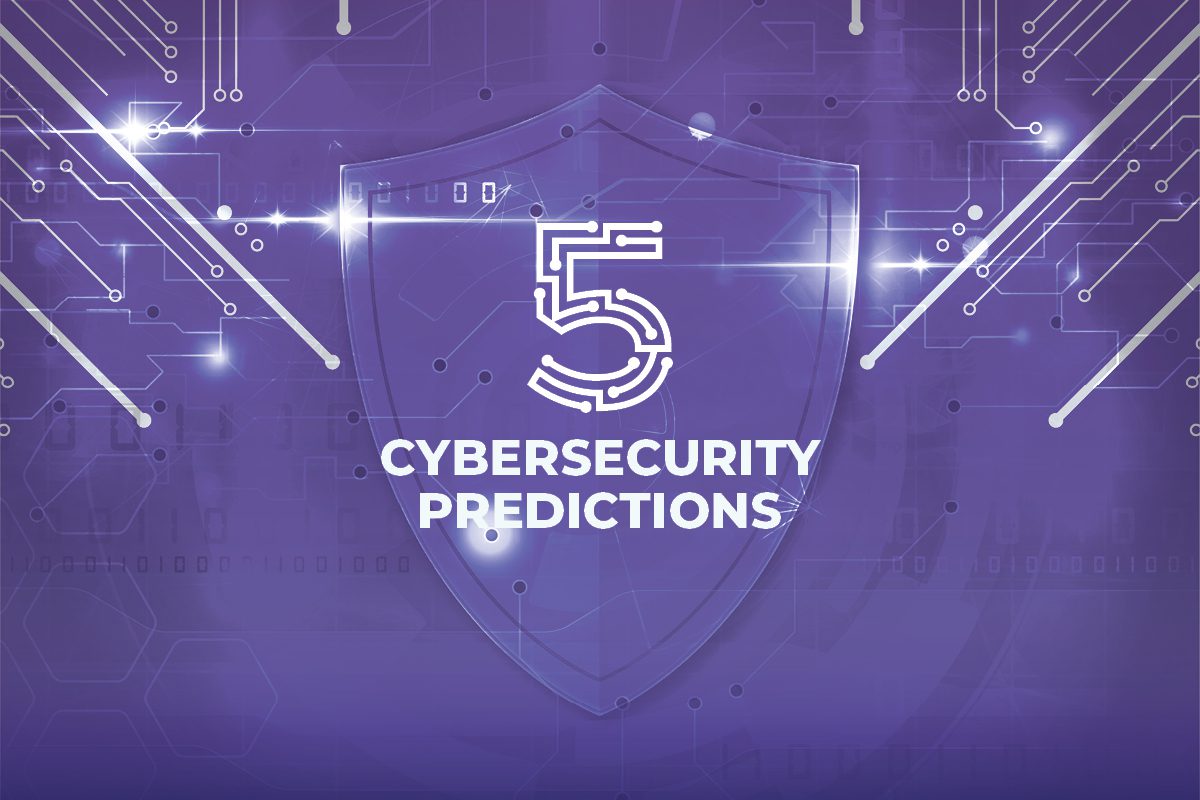The AI-powered chatbot making recent headlines, ChatGPT, is revolutionizing how information is communicated. Although it has the potential to be a powerful tool in the fight against cybercrime, some fear state-sponsored threat actors are already using it for malicious purposes. A recent survey conducted by BlackBerry found that 76% of Information Technology professionals believe foreign states have already begun utilizing ChatGPT in their cyberwarfare campaigns. Additionally, 48% believe it will be used successfully within two years. With such a powerful tool at our disposal, 88% of security professionals believe the government will step in and regulate the use of the chatbot in the coming years.
Why are Security Professionals Fearful of Cybercriminals Using ChatGPT?
ChatGPT uses natural language processing (NLP) to learn and respond like a human would in conversation. This makes it easier for users to extract data quickly and accurately from large volumes of unstructured data such as emails, documents, or webpages. As a result, users can quickly identify trends and anomalies without manually searching through each document or webpage.
Shishir Singh, Chief Technology Officer, Cybersecurity at BlackBerry, stated, “It’s been well documented that people with malicious intent are testing the waters, but, over the course of this year, we expect to see hackers get a much better handle on how to use ChatGPT successfully for nefarious purposes; whether as a tool to write better mutable malware or as an enabler to bolster their ‘skillset.’” Not only is it effective at writing malware, but it can also amplify the potency of social engineering campaigns by crafting believable phishing emails. On top of all these benefits, ChatGPT also increases the efficiency of cybercriminals, allowing them more time to coordinate attacks.
How Can Security Professionals Respond?
Using an AI-powered chatbot like ChatGPT helps protect businesses from cybercriminals by leveraging machine learning algorithms and large datasets of past attack patterns. AI is detecting suspicious activity earlier than humanly possible—enabling companies to respond more efficiently while reducing false positives and negatives when assessing security alerts, allowing them to devote greater attention to responding effectively toward genuine threats instead of wasting resources pursuing flawed leads.
ChatGPT’s natural language processing capabilities make it easier for non-technical staff members since they don’t have to understand complex programming languages or scripts to use the technology effectively. Finally, its ability to provide detailed reports and analytics on how threats were detected can help organizations better understand their security posture and make improvements, where needed, in the future.
Closing Thoughts
AI-powered chatbots like ChatGPT are revolutionizing cybersecurity by providing businesses with powerful tools that can detect threats faster than ever. However, due to its potential misuse by state-sponsored threat actors, governments should take steps now to regulate this technology so that only those with good intentions are able to use it effectively and securely without fear of exploitation or attack from malicious entities online. Fortunately, 78% of BlackBerry’s respondents plan on investing in AI-powered cybersecurity in the next two years, so the future looks bright regarding protecting businesses from cybercrime using this revolutionary technology!



